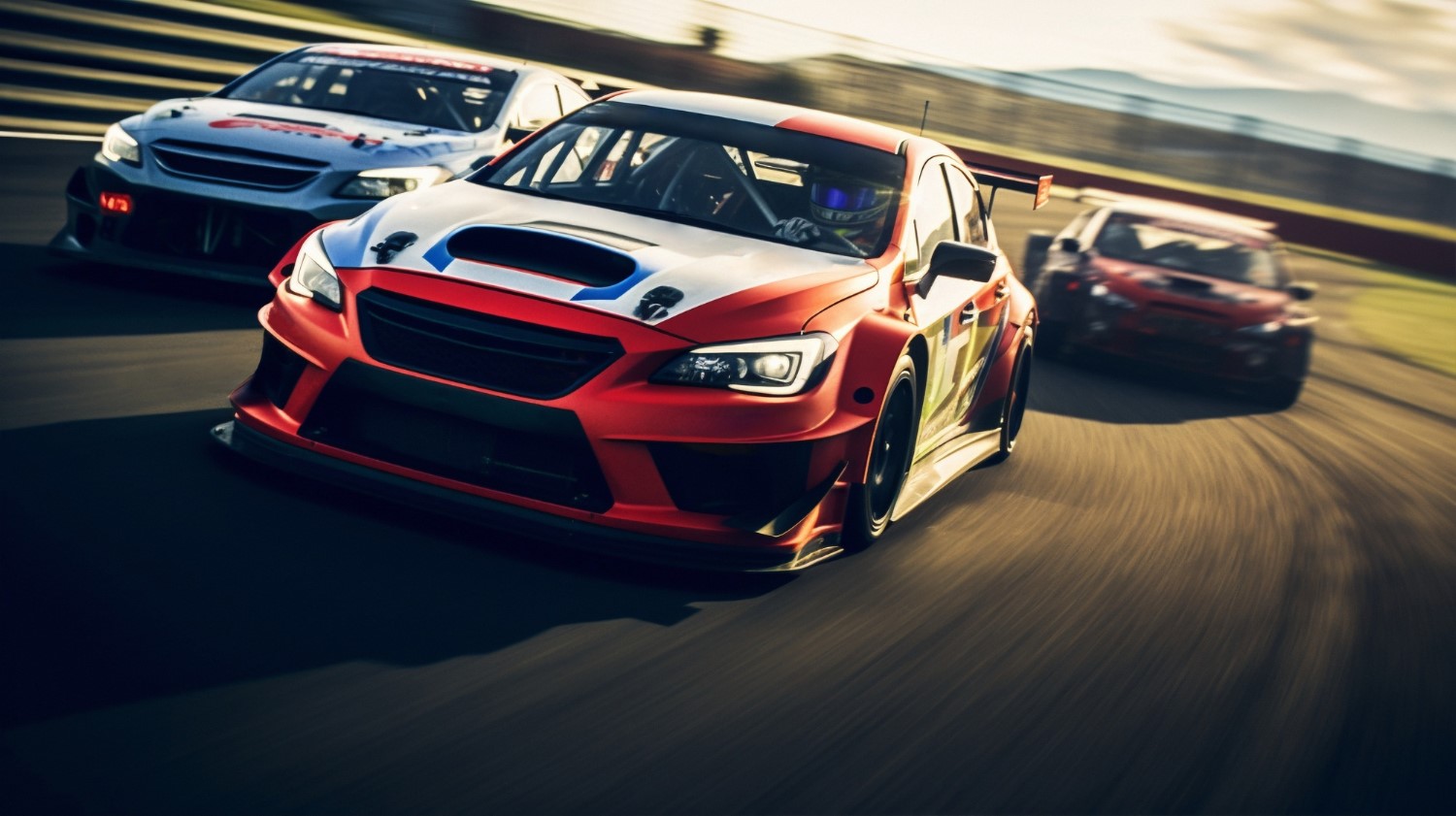How to Start Motorsport Racing — The Step-by-Step Guide to Build Your Racing Career Safely
Discover how to start motorsport racing with confidence. Learn the essentials of car selection, safety checks, karting, track driving, racing licenses, and sponsorships. Follow this practical guide to get on track, gain experience, and grow from grassroots racing to national championships.
Starting in Motorsports with a used race car? Here’s Why Vehicle History Matters More Than Speed
The First Step Toward the Dream
Every dream to race begins with motion in the mind. The image of a car slicing through a curve, the roar of an engine, the rhythm of speed. Yet passion alone cannot keep a car on track. Preparation turns hope into traction. Before the first race, learn to listen, respect limits, and trust every part of the machine.
Why a Car’s Past Matters More Than Its Paint
A race car is not defined by color or shine. Beneath the surface lives its record. Checking through Vininspect’s decoder exposes accidents, frame bends, or hidden corrosion. That single act protects life and investment. A racing driver who verifies history turns enthusiasm into discipline. Every corner deserves trust, not luck.
A machine with a clean record behaves predictably. A damaged one hides danger. Even a small misalignment ruins balance at high speed. Real racers know that the truth behind the VIN saves the race before it begins.
The Step-by-Step Path to the Track
Getting started demands structure. Dreams without a plan end in repair bills. Below stands a simple path toward competition.
| Step | Description | Cost Range |
| 1 | Start with karting sessions | $200–$500 |
| 2 | Take beginner track classes | $300–$700 |
| 3 | Join SCCA or local racing clubs | Membership fee |
| 4 | Pass safety training, gain license | $500–$1000 |
| 5 | Enter your first local track day | $250–$600 |
Each step builds precision and control. Every lap adds instinct. A racer who follows this route learns awareness before aggression.
From Karts to Competitive Lanes
Karting teaches the foundation of motorsport. Braking late, steering smoothly, reading tire feedback. It trains muscle memory faster than any classroom. Those first laps create reflex and humility.
After karting, racers enter regional events to refine timing and technique. Every professional once learned through grassroots leagues. Their success began with a single correct line through the first corner.
The Formula for Consistency and Control
Skill grows through repetition. Smart racers train through simulators to study braking points before real asphalt. Virtual laps teach rhythm, yet real tires teach feel.
Once on track, remove ego. Focus on data, not drama. Review telemetry, correct mistakes, work with driver coaches. Consistency always beats aggression. That balance turns raw speed into mastery.
Building a Career Beyond Horsepower
A motorsport career depends on behavior, not bragging. Teams value racers who record, plan, and respect rules.
Keep a notebook for every modification and inspection. Learn technical regulations for GT or Spec classes. Train under professionals who emphasize safety. Build physical endurance to sustain long races.
Keys for growth:
- Join certified racing organizations.
- Maintain transparent vehicle logs.
- Network with mechanics and sponsors.
- Track maintenance costs accurately.
Small sponsorships from garages or tire brands develop accountability. That reliability earns reputation inside the paddock.
From Local Tracks to International Goals
Champions rise from small circuits. Many start in Spec Miata or GT4 events, perfecting technique through repetition. Others master autocross before stepping into global arenas. Success comes from patience, not privilege.
Motorsport rewards curiosity. A racer who studies setups and history improves faster than one who only chases speed. Each event adds insight. Each result sharpens focus. The journey from local to elite begins with respect for detail.
Conclusion
Racing glamor fades without preparation. True achievement rests on discipline. Always verify a car’s background, learn from every lap, and document each result. A driver who values truth over thrill endures longer.
Motorsport becomes education through motion. Those who blend passion with precision become professionals. The fastest finishers are never reckless—they are ready.
FAQ
- What is the safest first step in racing?
Start with karting or simulators to develop control before track days. - Why check a vehicle’s history before competition?
Because hidden damage affects performance and safety under load. - How does joining SCCA help a racer?
It grants access to structured events and expert mentorship. - What defines a professional racing driver?
Calm consistency, attention to data, and mechanical awareness. - Is Formula 1 the final goal?
Not always. Many racers thrive in GT, endurance, or rally divisions where mastery matters more than fame.
